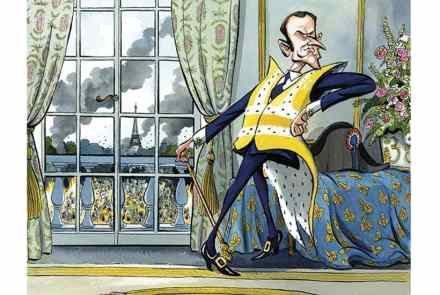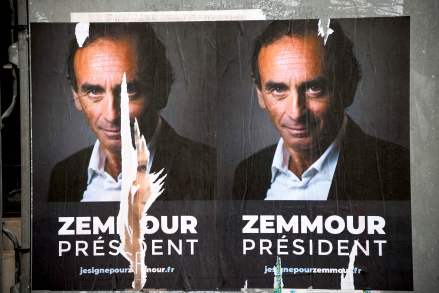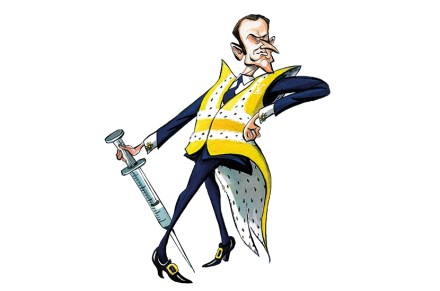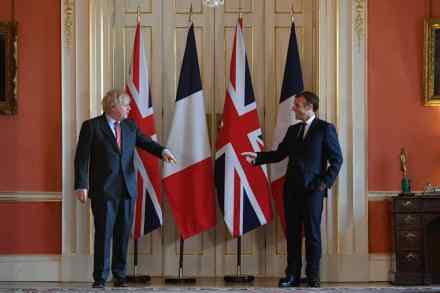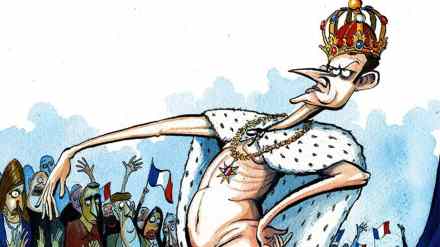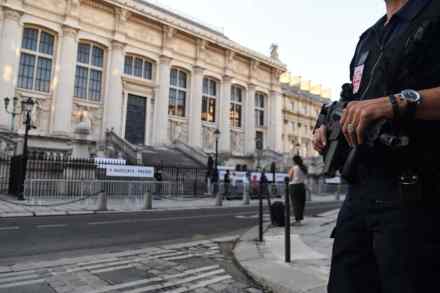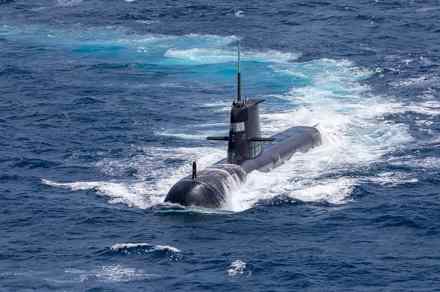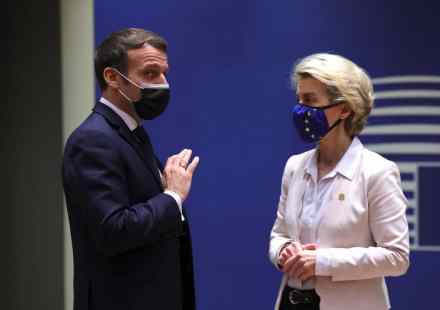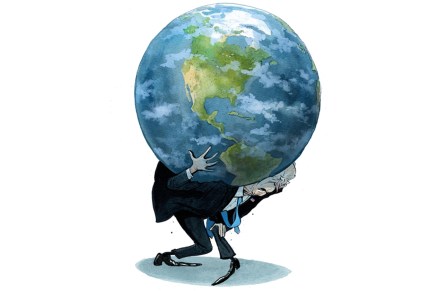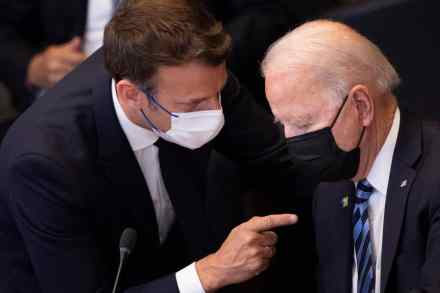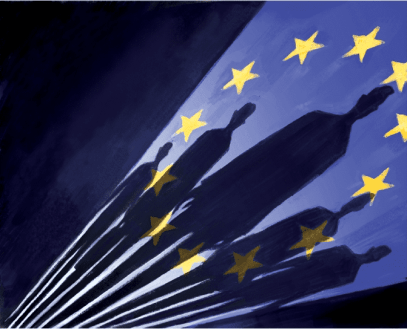Who do you think you are kidding Mr Barnier?
Michel Barnier is running for president of France as a Eurosceptic. He’s talking about pulling back powers to the French state and installing ‘a sovereign shield’ to allow France to impose its own immigration policy. But he’s about as credible as a vegan crocodile. Barnier was at the scene of the crime when the French voted (by a 55 per cent majority) in 2005 to reject the treaty establishing a new European constitution. In a great betrayal of democracy, voters were simply ignored and the government signed the document anyway, relabeled as the Lisbon Treaty. Barnier was present and materially involved in this scam, which makes his current Eurosceptic claims absurd





